We are living difficult times and we would like to thank the families for your support and encouraging messages and treats we’ve been receiving these days. We are going to keep working to provide the best education for your children and support for the families. Now, more than ever, it’s time to work together to create spaces where we feel safe and understood with a sense of community to emotionally support each other.
Thank you again for all your support
Preschoolers
This week, we have been shopping (keeping our distance from one another as we shopped, of course!) and have bought some Autumnal fruit and vegetables, too.
We’ve built scarecrows to frighten the crows off our crops, they wave their arms and they shout out “SHOO!”
We’ve drawn scarecrows and counted how many crows might be eating our seeds,
We’ve collected sticks and leaves for our collage, and looked at different farming needs.
Come and look at the things we’ve done and the lessons we’ve learned this week,
Before you come, remember to wash your hands if it’s true health you seek
Friday 20th March 2020: The leaves on the parachute
Today we built a parachute out of fabric adding some rope handles. We used some Autumn leaves and place them on the parachute. Then, the children worked together to move the parachute, trying to keep the leaves on, trying to throw the leaves off etc. It was really good to work as a group for with a common goal.
Monday 23rd March: Autumn in the supermarkets
Today we had an Autumn food stand, with play money, where children could use real and toy Autumn foods, such as apples, corn, pumpkins to go ‘shopping’. The children who chose to buy cobs of corn were then able to peel it to be served as part of a meal. We talked about who likes to eat corn and which animals might like corn. Learning about seasonal foods helps children to make better choices and they can even help their families learn, too! Engaging in food preparation encourages children to show pride n what they have done and they are more willing to try new or different foods if they have taken part in getting it ready.
Tuesday 24th March: Making a scarecrow
We talked about farming today, and how farmers try to keep birds off their fruit and vegetables. We had a chat about what a scarecrow does, and then we looked at some books about crows and scarecrows. We found some old clothes and made a scarecrow, stuffing the clothes with Lucerne hay and painting eyes and features on the head. The children were very proud of their efforts, and really enjoyed this process. Learning about different ways of farming and becoming involved in such ways encourages children’s knowledge and interest about the ways the world works. Solving problems on the go was also helpful, and it is important for children to see that the adults around them are not disheartened when things don’t go as expected, and that continuing to try different methods to get a desired result pays off.
Wednesday 25th March: Crows!
We had another look at some pictures of crows today, and we talked about the sounds they make (sometimes we can hear them from our playground, which is very exciting!) and the foods they like to eat. We remembered that sometimes farmers think crows are pesky, especially when they eat the farmer’s seeds! We thought it was funny that sometimes the crows even sit on the scarecrow, so they must not be very scary after all! We drew our own scarecrow and then chose a number to stick on its clothes, and afterwards, we cut out some photos of crows and glued the same amount as the number we had chosen onto the scarecrow. Doing number experiences such as these helps children to develop confident mathematical foundations and identities.
Thursday 26th March: PUMPKINING!
Today we went on a nature hunt in our playground, and we collected seeds, leaves, pieces of bark, sticks, flowers and gumnuts. We brought them back to the table and we arranged them into different scenes before we glued them onto a piece of paper. When children engage in creative expression with a variety of materials, they learn different ways of being and existing, and are empowered to make choices, express themselves, learn about caring for their world, share what they already know, demonstrate existing skills and learn new skills. When they are encouraged to make a presentable product, they develop the power of expression and pride in themselves and what they can do.
Toddlers and babies
Monday 23rd March: Take care of your sneeze
This week want to go in deep teaching children about corona virus and how can we stay safe from this virus. Using intentional teaching we explain children through pretending play. We created a story, telling children we had a doll with this virus and this doll is sneezing everywhere. How can we avoid get sick? Providing tissues, children helped to place it on doll’s nose, following by putting the paper in the bin and wash their hands really good. This experience helps children to understand what is happening around the world, why people is wearing mask, working on cognitive skills.
Tuesday & Wednesday 24th – 25thMarch: soap all over our hands
Keeping working with coronavirus, today we explained in a clear way the importance of washing hands. I demonstrated with paint how easy the virus can be spread if I don’t wash my hands properly. Using role modelling, I showed to everybody how I wash my hands singing happy birthday song, to ensure the soap is in all my hands. Then I provided a bowl with water to each child, where all together washed our hands singing, making sure there is no virus in our hands.
Thursday 26th March: Blueberries smothies
Let’s go deep with a science experiment! Some children still don’t get the idea of virus and germ so we made an experiment to make it clear. With water, black pepper and soap we simulate have virus in the water and see what happens if we put our finger with soap. As every child participated, they could see the “virus” running away from the soap, understanding how the soap kill the virus every time we wash our hands. This activity helped children to understand the importance of washing our hand to not get sick and get the virus. Stop spreading germs must be learn from early years, being the children the easiest to contagious other people.

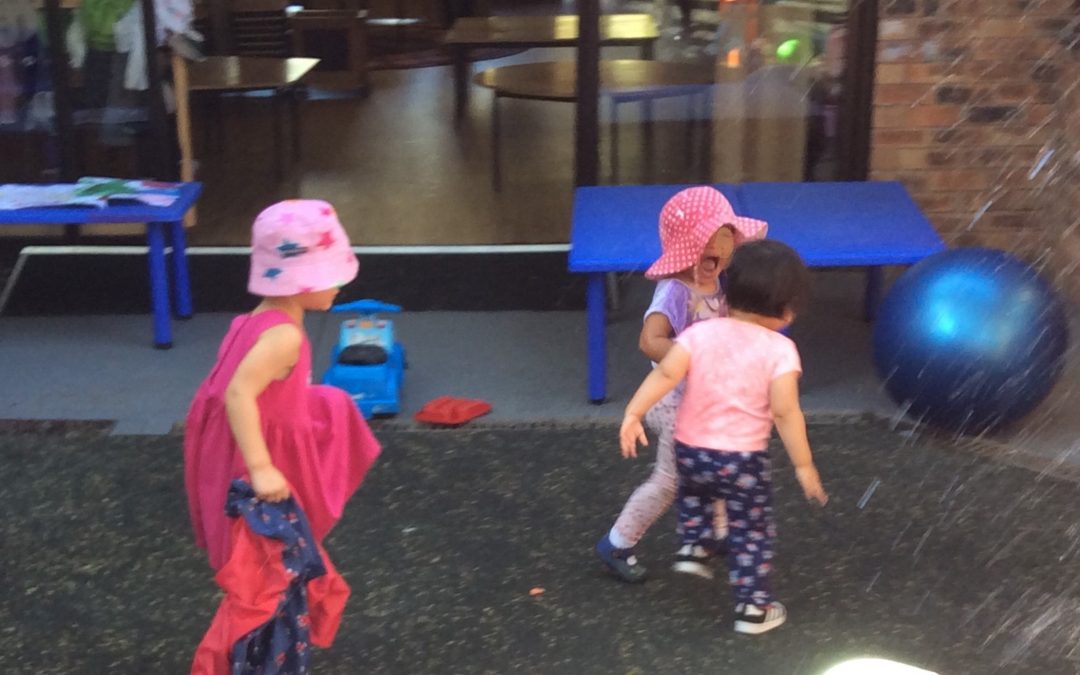

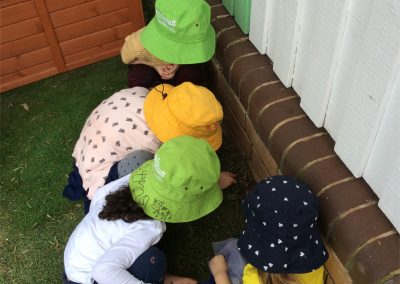
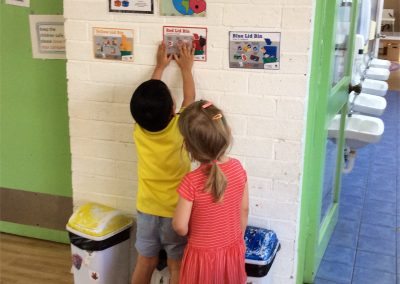
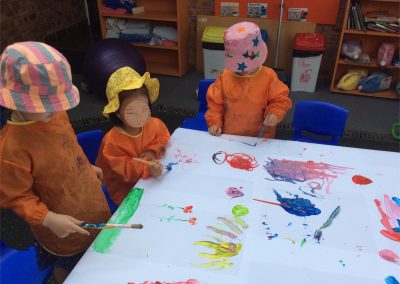
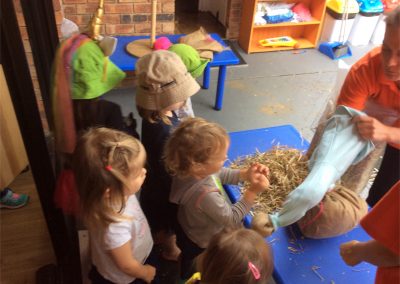
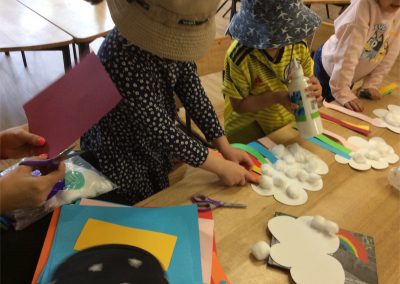
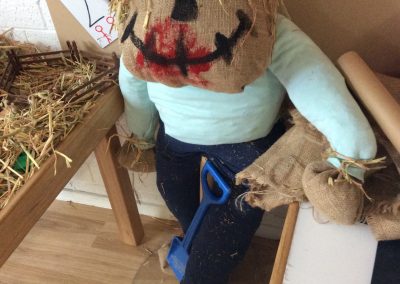
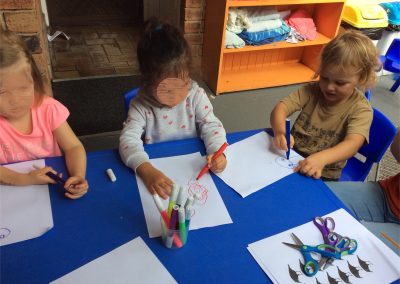
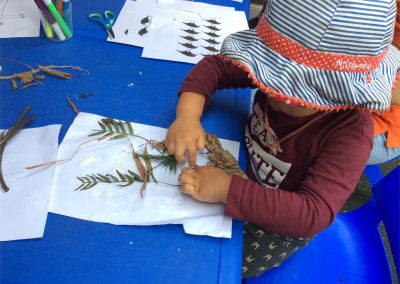
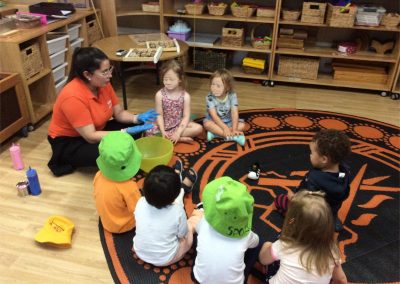
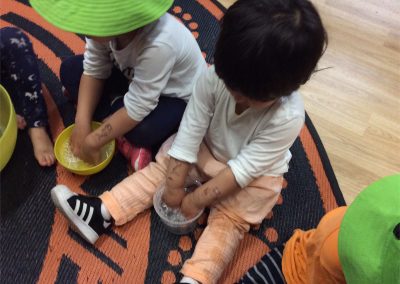
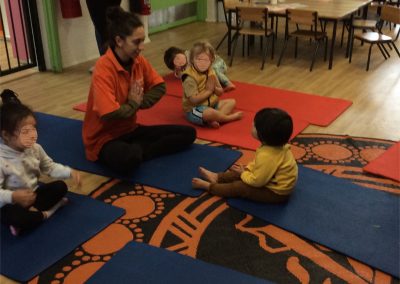
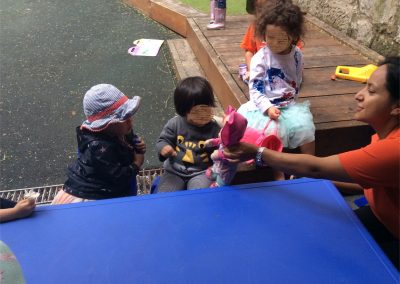
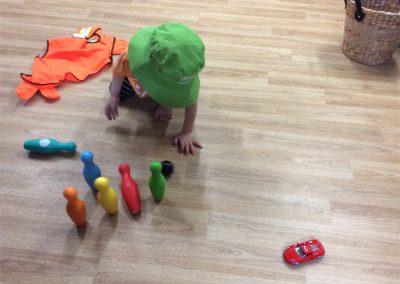
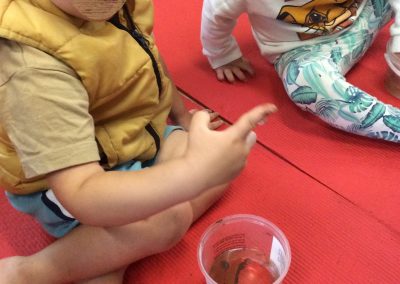
Recent Comments